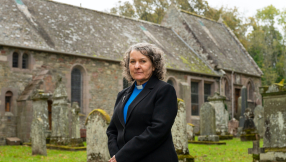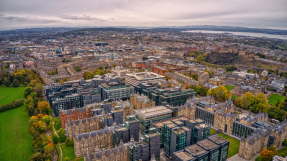Easter Chocolate Linked to Slavery, Campaigners Report
Stop the Traffik, an anti-slavery coalition which is backed by Amnesty International, World Vision and Tearfund, is demanding the major chocolate manufacturers certify chocolate with a "traffick-free" guarantee so consumers can eat chocolate without supporting child slave labour.
Chocolate manufacturers promised to end the use of trafficked children in harvesting the cocoa beans that make our chocolate by 2005," explained a spokesperson from Stop The Traffik, "but this has not been done. They have started several worthy initiatives but are not addressing the central issue of trafficked labour.
"Stop The Traffik is calling for the whole industry to declare which farms they buy cocoa beans from, and to guarantee that no trafficked labour is used. Nothing less will do."
12,000 children have been trafficked from countries such as Mali to the Ivory Coast, where they work long hours for no pay on the cocoa plantations, according to International Labour Organisation figures.
Hundreds of thousands more help out on family farms in West Africa, often in hazardous conditions, putting their health at risk and keeping them out of school.
British chocolate manufacturers said they believed trafficking was "unacceptable" and added that the industry was investing in a region-wide certification scheme to tackle the issue.













